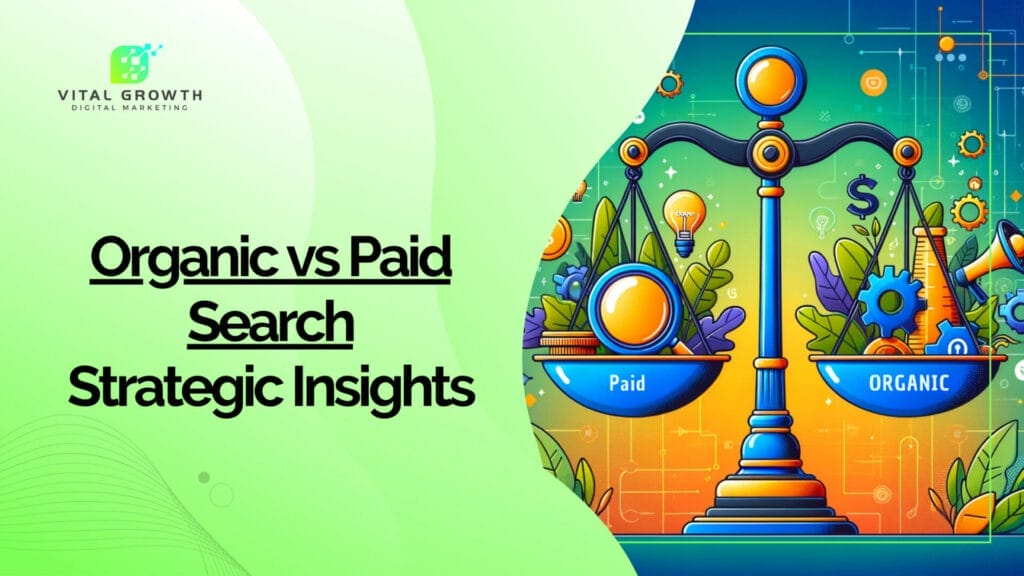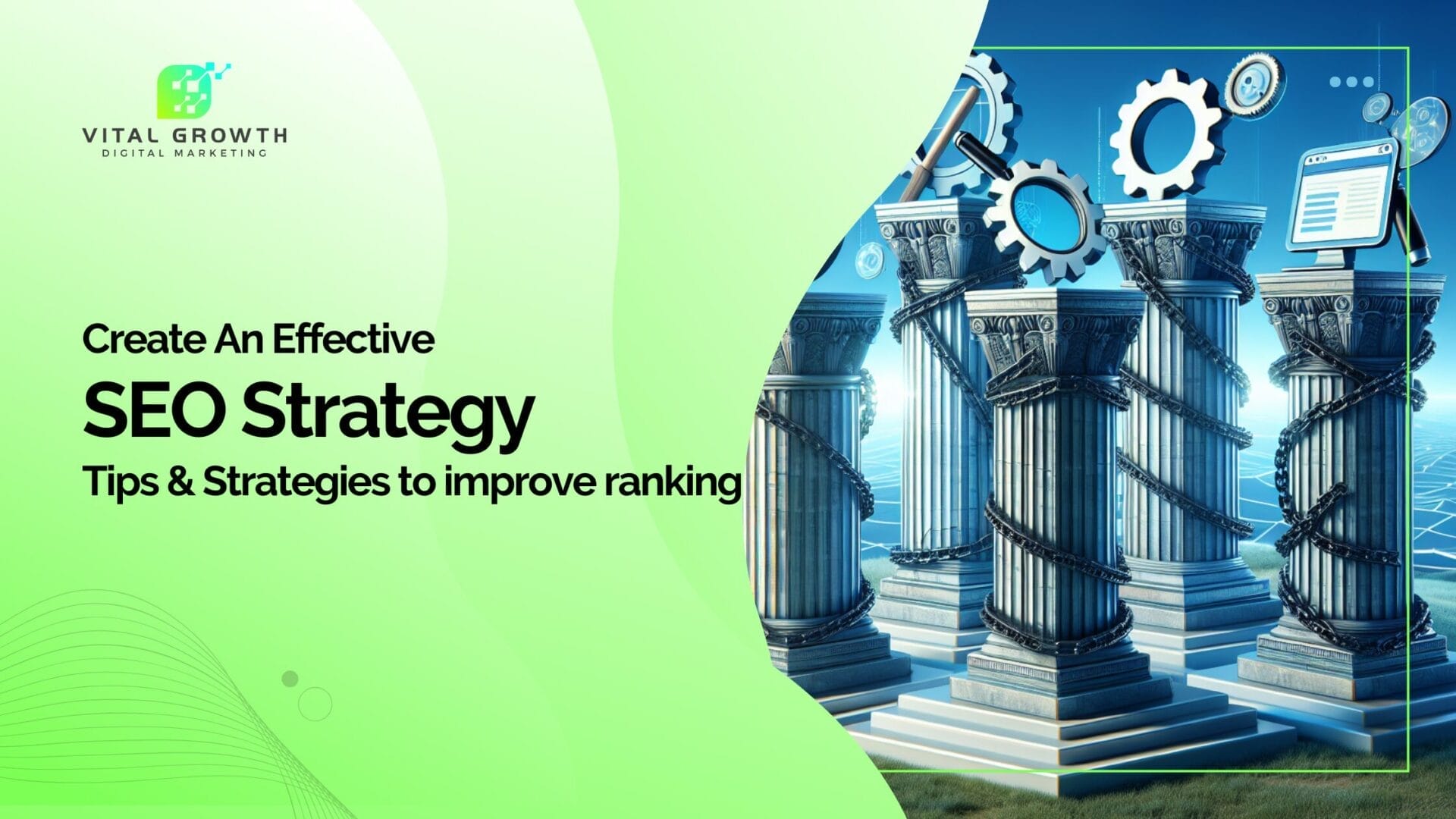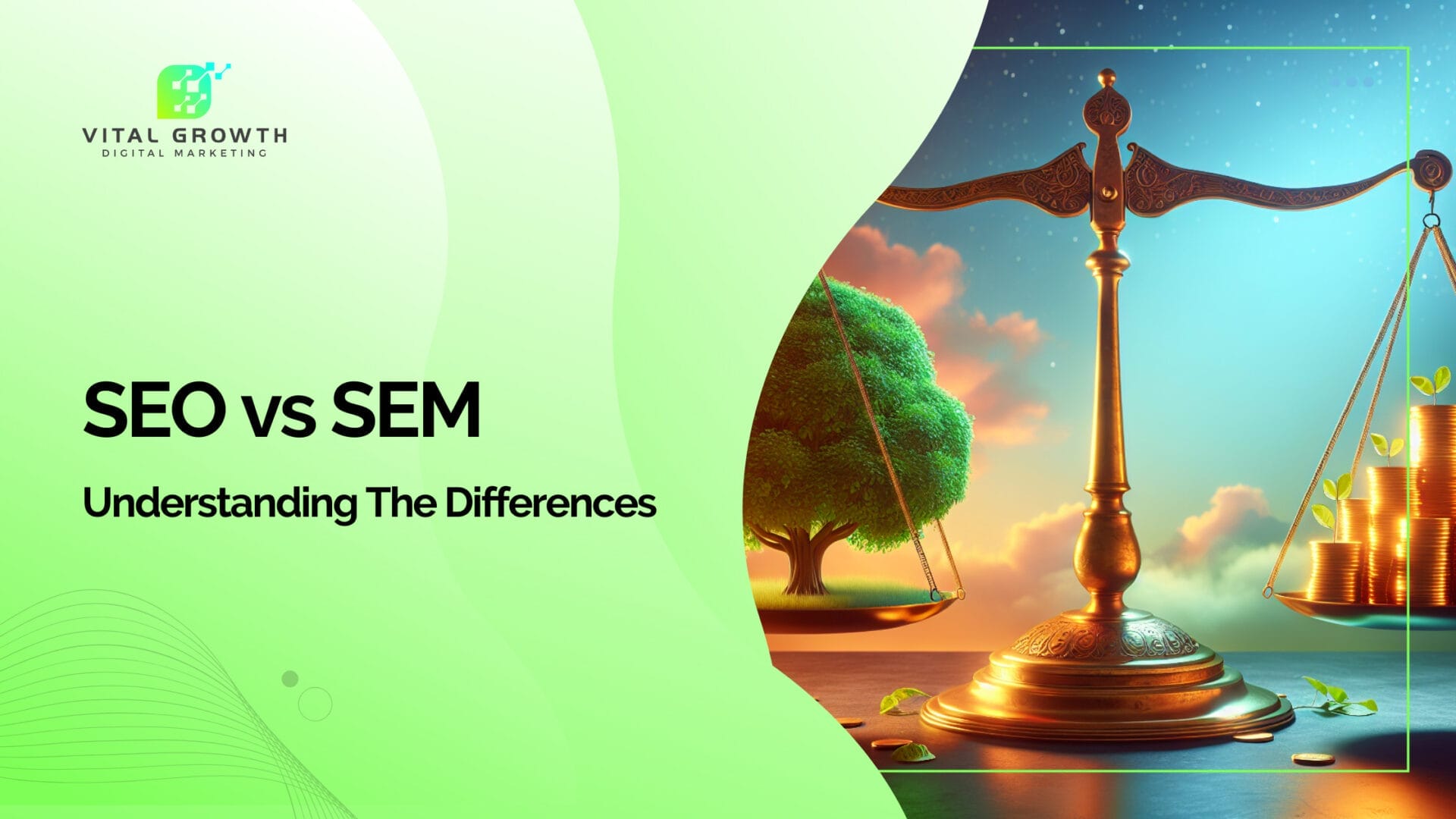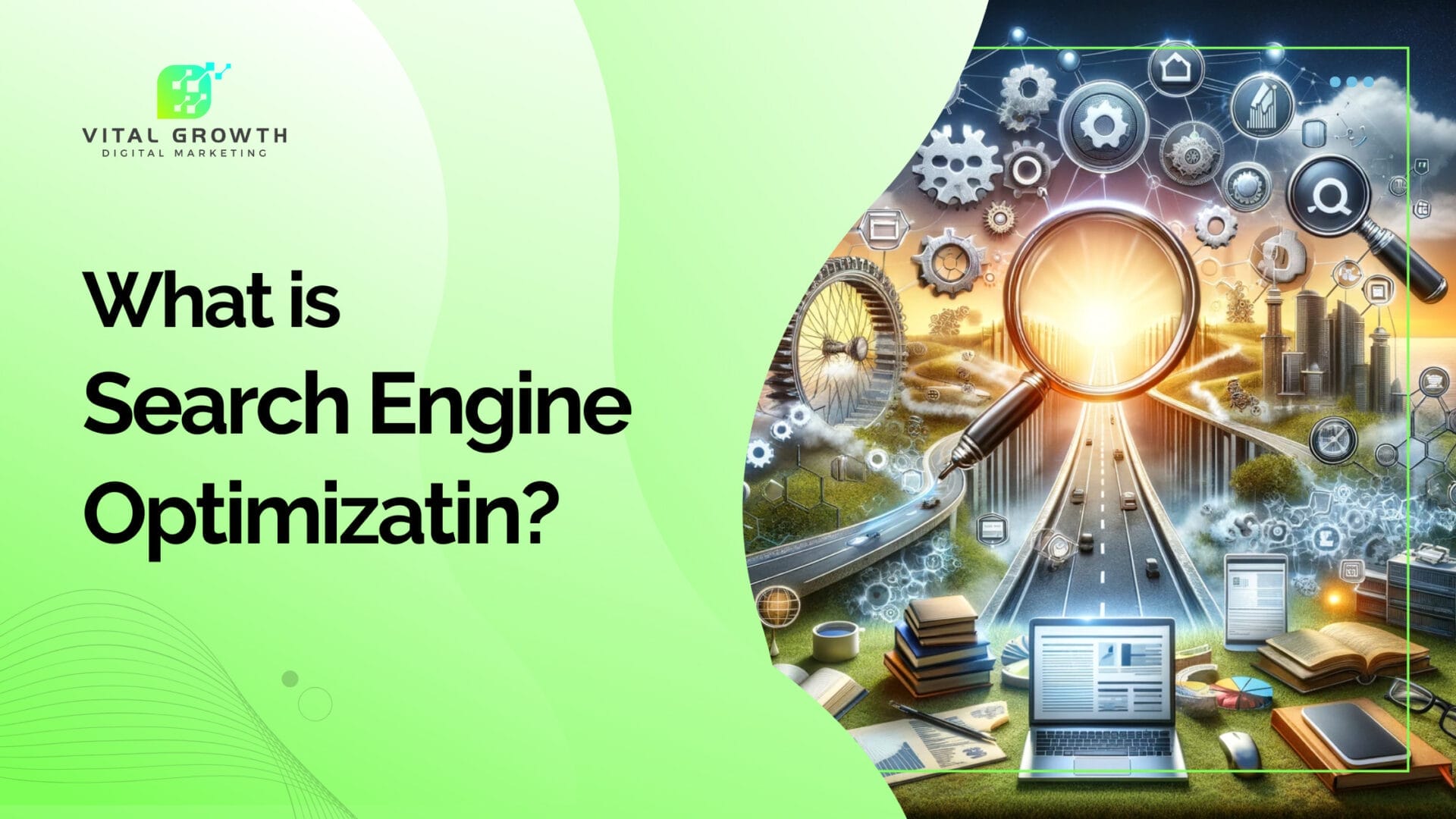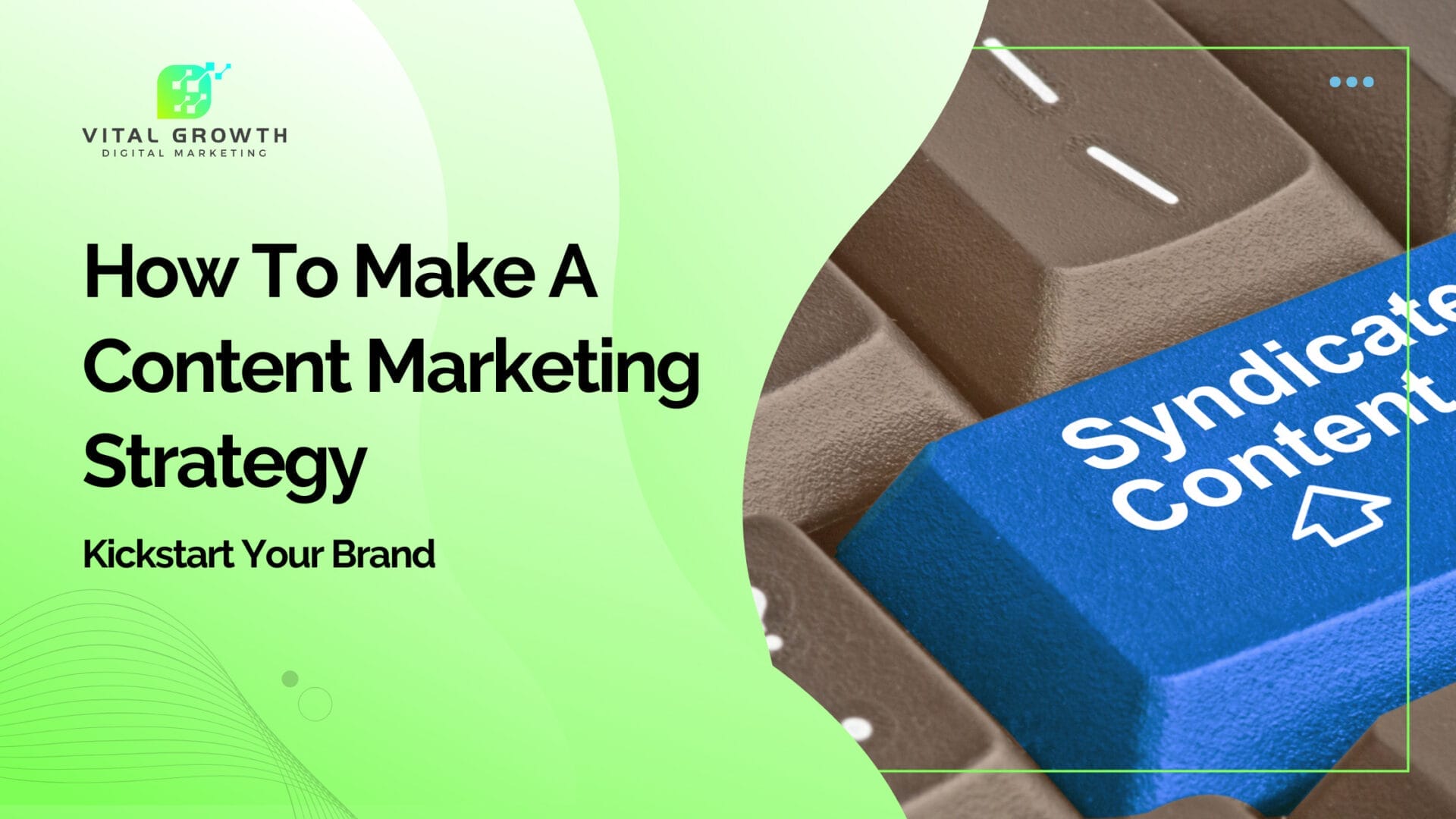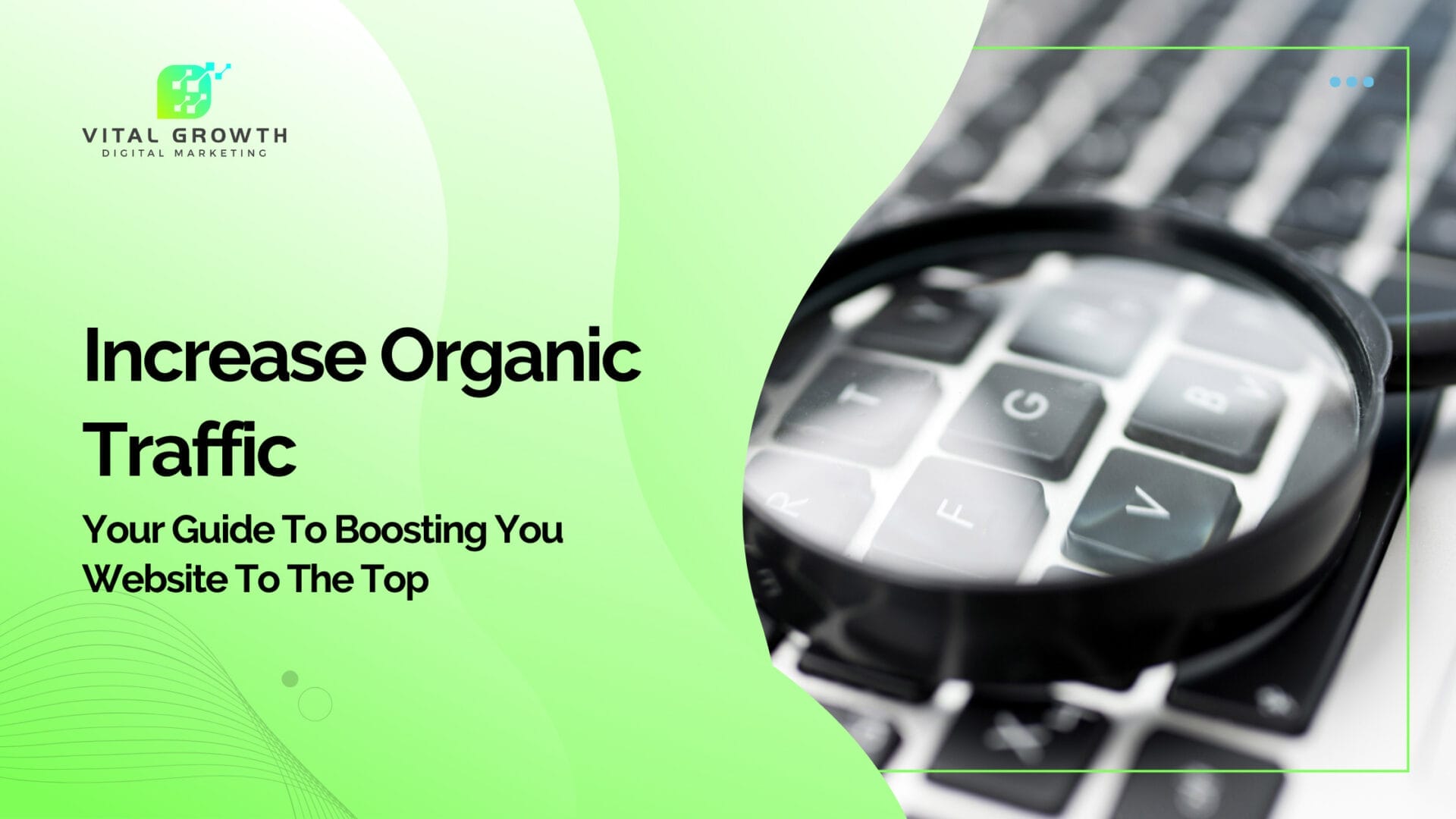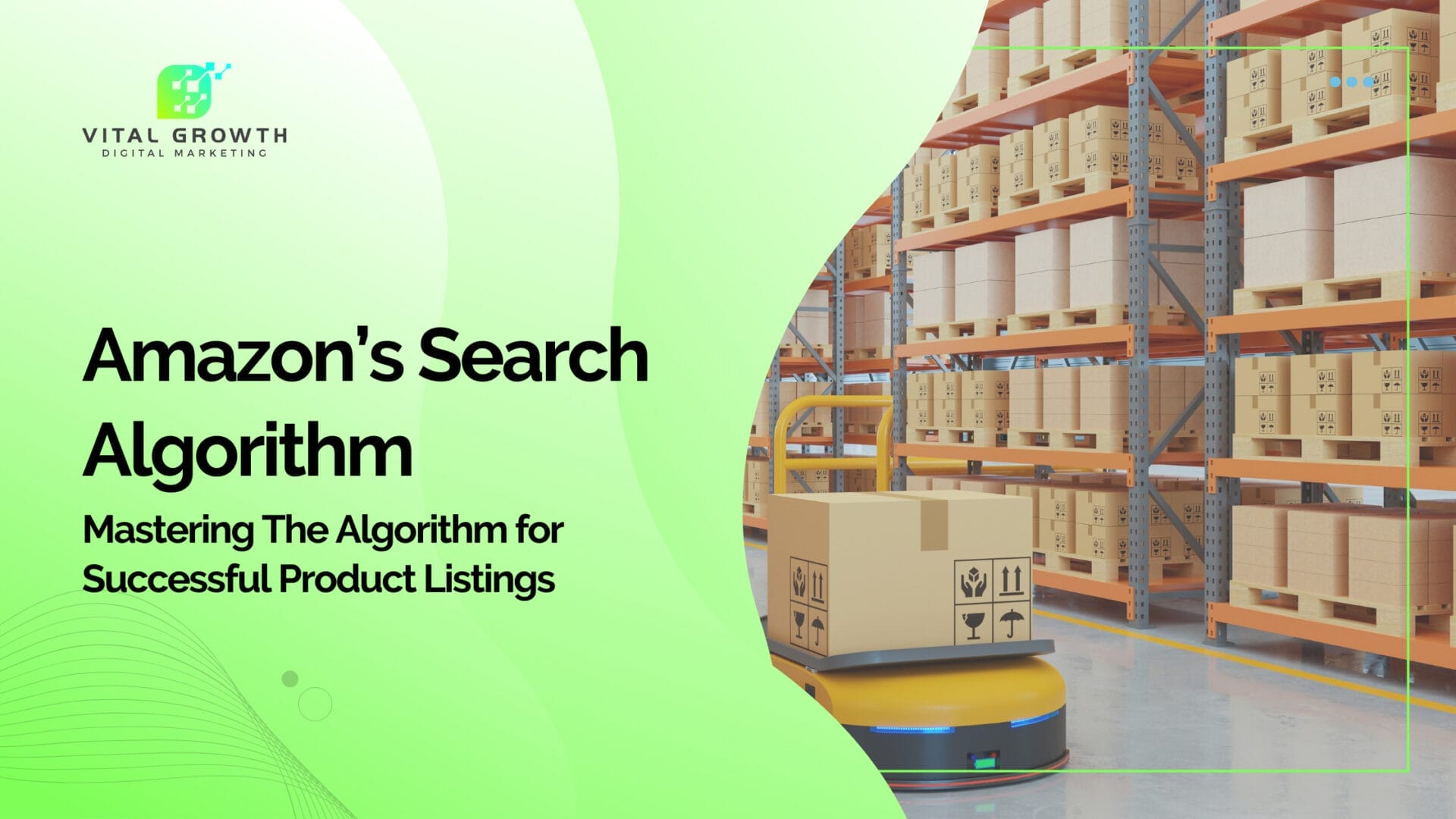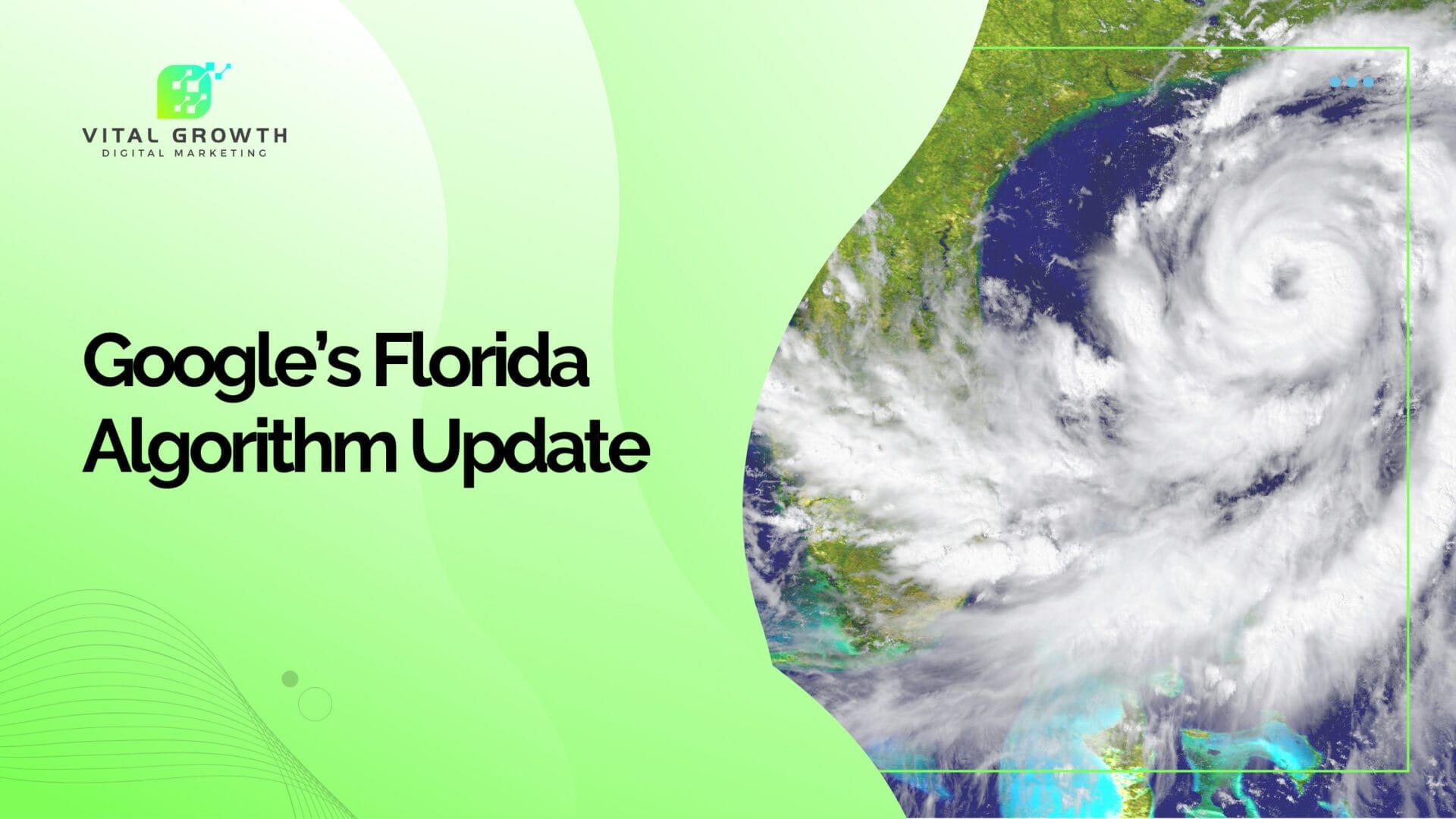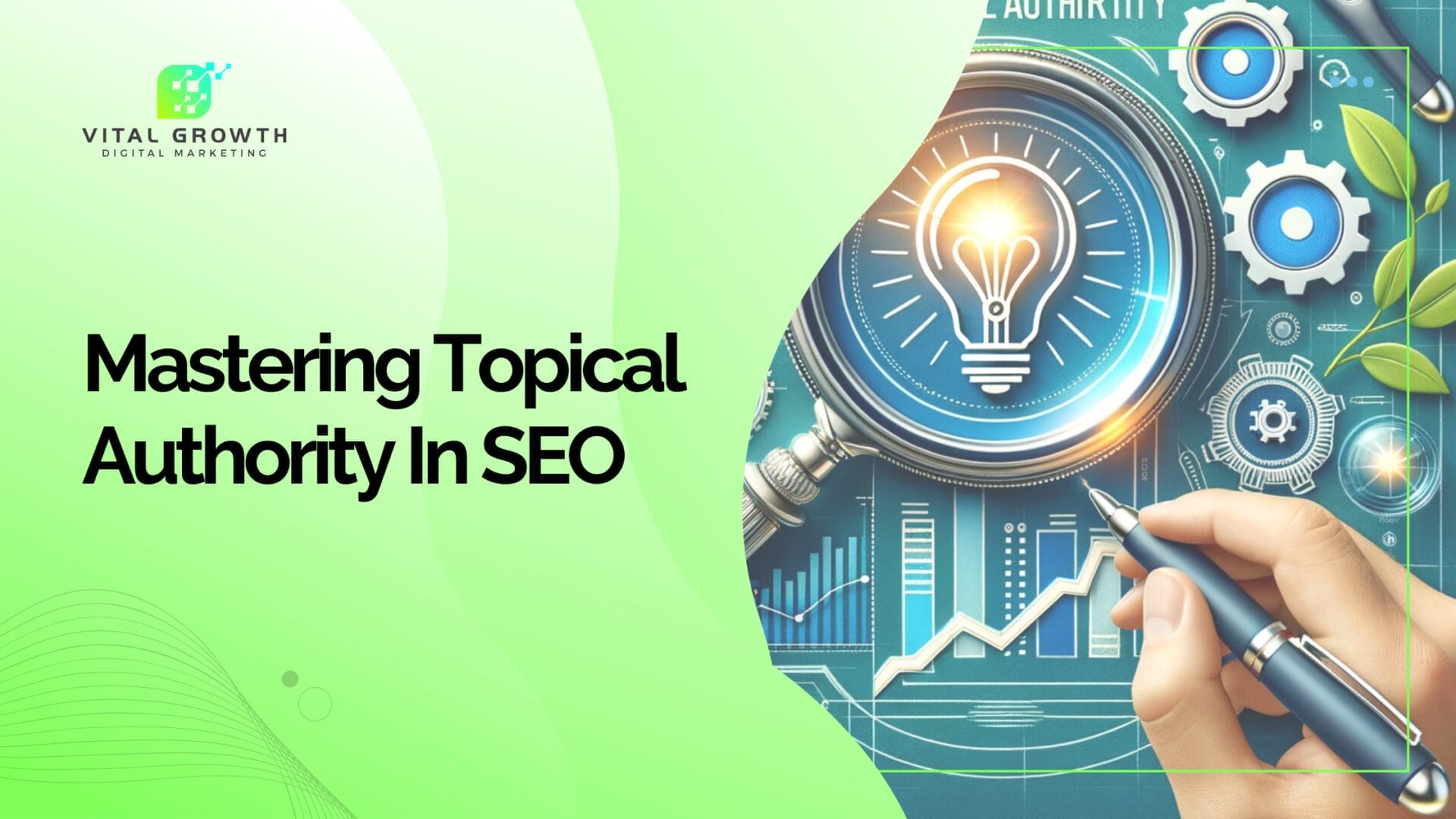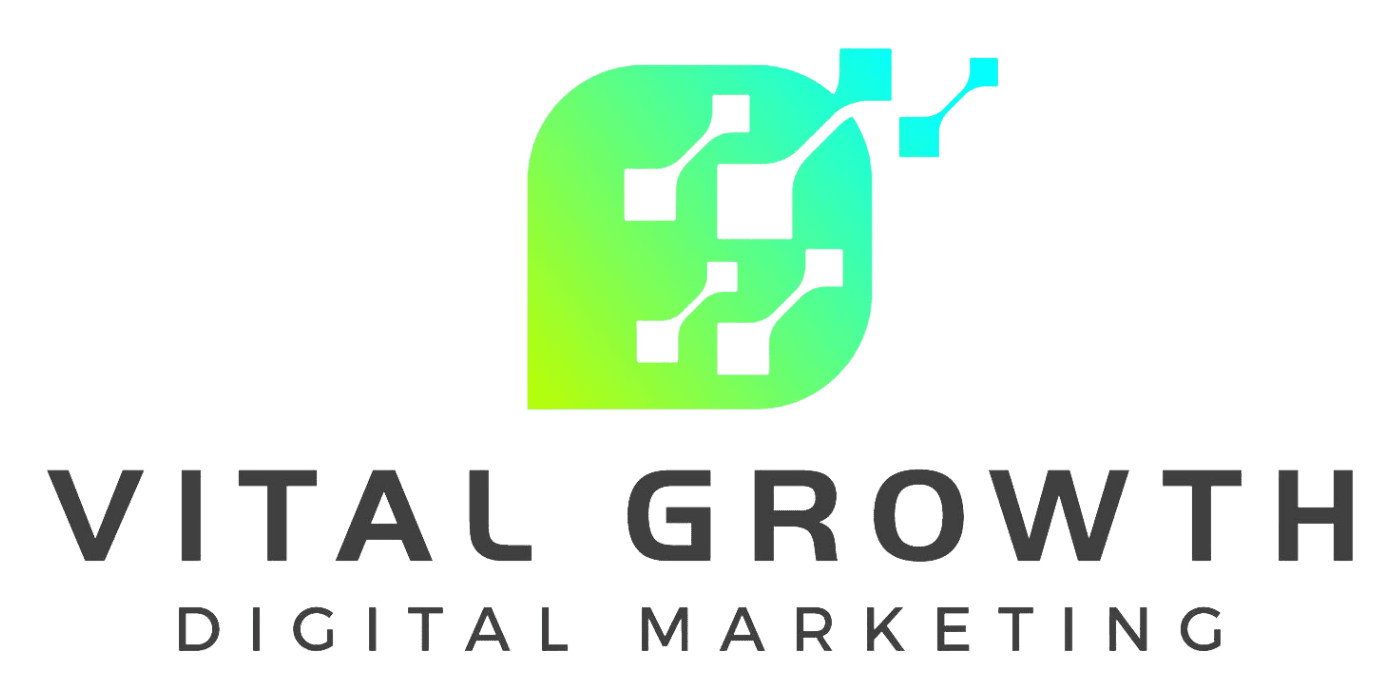When it comes to the world of digital marketing, the concepts of organic vs paid search are important to the success of your business. As a business owner, mastering these strategies can be your key to reaching your target audience more effectively.
In this guide, we’ll dissect both organic and paid search strategies, highlighting their unique benefits. From the long-term, cost-effective results of organic traffic, to the immediate visibility and targeted reach of paid search, you’ll gain a clear understanding of what each approach brings to your business.
The magic truly happens when these strategies are combined. We’ll explore how the integration of organic and paid search can lead to greater business visibility, improved brand reputation, and better user engagement. By the end of this article, you’ll have the knowledge to harness the power of both organic and paid search, connecting more meaningfully with your customers and achieving your business goals.
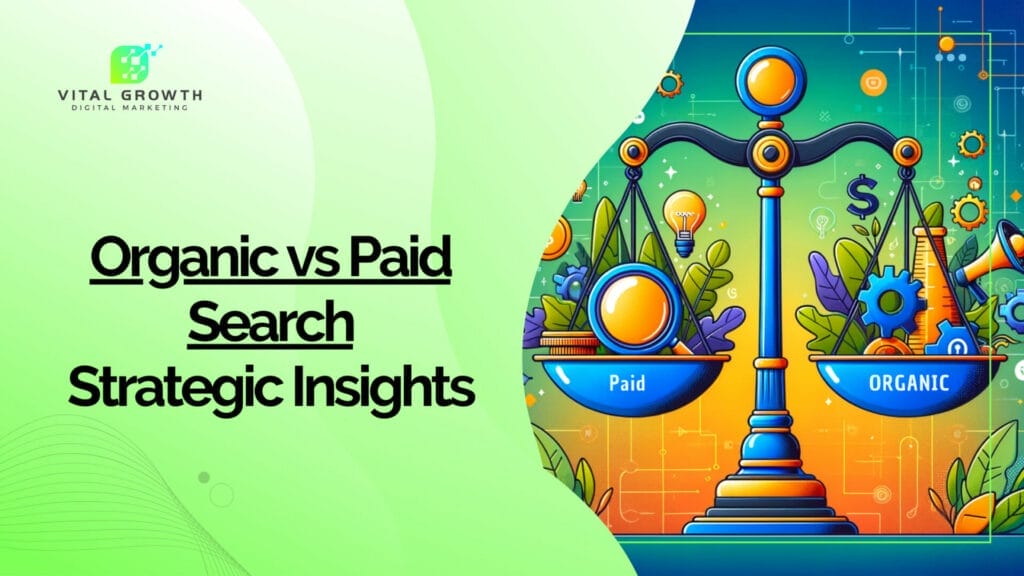
Organic vs Paid Search Key Takeaways
- Integrating organic and paid search strategies can substantially increase business visibility, strengthen brand reputation, and promote better user engagement.
- Paid search strategies provide instant visibility and a targeted reach, while organic search strategies are cost-effective and deliver long-term, sustainable results.
- Organic search is a cost-effective strategy that builds brand credibility and yields long-term results by optimizing content for higher search engine rankings.
- Paid search offers immediate visibility and precise audience targeting by paying for ad placements on SERPs.
- The most effective marketing strategy involves combining organic and paid search to stay current with industry trends and maximize marketing performance.
- Organic search results are seen as more trustworthy and reliable by users, making it a valuable asset for companies looking to establish credibility.
- Paid search provides instant visibility, precise audience targeting, and measurable outcomes, making it a powerful tool for quick results and specific targeting.
- The combination of organic and paid search strategies allows businesses to adapt to changing trends and user preferences, ensuring long-term success.
Understanding Organic Search and Paid Search
Organic search and paid search are both very effective ways to gain exposure for a business. Organic searches involve optimizing content in order to achieve higher rankings, while paying for advertisements on SERPs is the focus of paid search efforts.
Each approach brings different advantages: organic has long-term results along with trustworthiness and credibility, while you can target certain audiences more effectively when using paid ones, as well as quickly gain visibility. The most advantageous outcome comes from utilizing these two tactics together in order to keep up with ever changing trends throughout your industry.
Organic Search Basics
Organic search marketing is a method to enhance your business’s online visibility. This is achieved through the strategic creation of high-quality and relevant content. Implementing search engine optimization tactics can lead to an increase in organic search traffic in Google and other search engines.
When someone types in a keyword into their search engine, organic results come up below sponsored ads. The positioning of these natural outcomes are determined by different algorithms used by the particular web browser they’re using.
An SEO strategy focuses on creating web pages that rank higher than competitors on Search Engine Result Pages (SERPs). This boosts traffic from related searches and improves rankings at the same time.
Paid Search Basics
Paid search marketing, or search engine marketing, involves paying a fee for immediate results placed at the top of relevant search results, Surpassing organic search. The main focus is on using keywords and ad placements that are designed with maximum visibility so businesses can reach their goals swiftly from Google Ads campaigns they’ve tailored for paid searches.
Search ads appear above natural listings on SERPs which feature a small ‘ad’ label near URL’s as an indication these have been funded through payment methods, such as cost-per-click, instead of ranking organically via SEO strategies within Search Marketing activities.
Advantages of Organic Search
Organic search efforts can be a hugely beneficial part of digital marketing, bringing sustainable and cost-effective results. Through persistent visibility on the SERPs (search engine results pages), consumers are more likely to click through due to trust in reliability generated by your organic listing.
Over time businesses gain loyal customers who have engaged with their products or services as a result of an effective organic search strategy – increasing CTRs (clickthrough rates).
To acquire these advantages, businesses need to focus mainly on Content, Technical SEO, Relevance, and Authority elements such as brand awareness and backlinking within this tactic.
Long-term Results
Organic search can be a highly profitable approach for companies, as it gradually improves website authority and enhances its long-term value. The main advantage of organic search results is the potential to maintain consistent visitors over time when the page appears at the top spot in search engines.
Having success with these outcomes mainly relies on several factors such as high quality content related to your topic or niche, backlinks that originate from reliable sources, optimized web pages text utilizing proper organic search tactics, comprehensive material which offers useful information and ultimately an enjoyable user experience.
To help their their presence within organic search rankings, businesses could explore forming strategic alliances along other websites by creating fresh new content, applying optimization strategies like conducting keyword research accurately, and adding technical features which encourage users’ engagement.
Trust and Credibility
Organic search results are seen as being more authoritative and reliable than paid search channels by users, with higher levels of organic traffic established through web pages that have been optimized.
This trust factor makes it a valuable asset for companies attempting to build credibility in the eyes of their target audience, backed up by sources such as Forbes, Fat Guy Media and Smart Insights who assert this point.
A highly thought about SEO strategy is important to successfully driving quality organic results compared to paid ads, creating both brand recognition and trust amongst its visitors along the way.
Cost-effectiveness
Organic search offers a number of advantageous features, such as cost-efficiency (not needing any outlay initially), sustainable outcomes that are not dependent on paid search traffic investments, improved user experience from providing high quality content for searchers looking for particular products or information and returns greater than those achieved with paid advertising.
Depending on your available time and resources, you may be able to create an SEO strategy with minimal SEO tools and your brain, however, most people should look into search engine optimization services from professionals.
Advantages of Paid Search
Paid search provides instant visibility, giving the ability to target precise audiences with measurable outcomes. Impressions and clicks as well as quote requests or purchases can all be observed quickly from a paid search campaign that is structured according to geographical area, age range, marital status or specific interests of customers.
Organic Search engine rankings may not always give sufficient coverage in an overcrowded market, which is why Paid Per Click advertising helps ensure businesses stay competitive by connecting them rapidly with their ideal consumers.
Immediate Visibility
PPC ads have a major advantage over SEO because it provides quick results. Companies like Tony Robbins, Wedding Wire, Mission Federal Credit Union and Lancer Skin Care as well as medical professionals such as doctors, dentists and chiropractors have all seen great success when using paid search advertising to increase their visibility online quickly.
Paid search ads use a formula that considers how relevant the ad is to the chosen keywords and how much is bid for certain locations or demographics. This helps create more ad impressions. This fast-paced method allows businesses to see a quick return on investment from their pay-per-click ad campaigns.
Targeted Audiences
Paid search is focused on precisely targeting specific demographics to maximize successful conversions. By focusing on key characteristics such as age, gender, location and interests of your intended customers, you can tailor the messaging accordingly with a more personalized approach. Making it easier for them to connect and become invested leading to potential conversion results.
This targeted approach helps conserve budget too by ensuring advertising efforts are only put towards those who have higher chances of converting while allowing businesses information on user that they can use to fine tune their ads going forward.
Measurable Results
Assessing paid search results provides amazing data which enables marketers to maximize the potential of their campaigns and refine overall marketing strategies.
By evaluating your paid search efforts, you can gather important information. This includes the click-through rate (CTR), conversion rate, cost per click (CPC), and return on investment (ROI). You can also learn about your ad’s position, the performance of your keywords, and demographic information. Tools like Google Quality Score reports and many other tools can help you analyze these details.
Combining Organic and Paid Search Strategies
A blend of organic and paid search tactics can maximize results while staying up-to-date with current developments. Merging these two avenues together produces a synergistic effect, improving overall marketing performance. Using the details from both approaches to search enables fine tuning for more efficient targeting and optimization.
Synergy Between Channels
Paid and organic search can work together to increase click-through rates, visibility, and return on investment (ROI). By conducting keyword research collaboratively between SEO and PPC teams, businesses may discover high performing keywords for both types of campaigns.
The combination of organic search results with those from paid channels offers benefits including understanding consumer behavior/intentions better, improving conversions, positioning prominently in SERPs’ output, achieving outcomes quickly which are also traceable, optimizing spending efficiently all while dominating online across the two forms, organic & paid, of searches.
Keyword Insights
Keyword research is key to effective digital marketing, and can provide many valuable insights into your target audience.
Analysis of search terms from both organic and paid sources can reveal current trends in the market, while also helping you identify any untapped niches or areas where there may be a gap between what people want but aren’t getting yet.
Applying this knowledge allows for more targeted content production that differentiates your brand from competitors’, leading to an increase in loyalty among customers as well as greater visibility overall.
Tools such as SEMrush, Google Keyword Planner, Moz, Serpstat, ahrefs, and SpyFu offer useful tools for conducting keyword analysis across both organic searches and those which are sponsored/paid-for campaigns by businesses looking for certain results.
Adapting to Changing Trends
It is important for businesses to remain flexible if they want a lasting result in digital marketing. Adaptability enables them to respond promptly to market changes, modify strategies accordingly and remain competitive when reaching out to their target group while preserving the good image of the brand.
When businesses use both paid and organic search strategies, they can keep up with changes in user behavior and current trends. Constant learning and innovation are important to success when it comes to digital marketing.
Organic vs Paid Search Summary
When it comes to digital marketing, blending organic and paid search strategies is a must do for any business owner.
Organic search, with its focus on long-term results, cost-effectiveness, and building trustworthiness, is the cornerstone of a sustainable digital presence. It enhances your brand’s credibility and provides enduring value by optimizing content for higher search engine rankings.
Paid search strategies offer the advantage of immediate visibility and precisely targeted reach. It brings your brand to the forefront swiftly, targeting the right demographics and providing measurable outcomes. This approach is a powerful tool for quick results and specific audience targeting, offering a rapid return on investment.
The key to success lies in the integration of these two approaches. By making use of both organic and paid search, businesses can adapt to changing trends and user preferences, ensuring long-term success. This combined strategy maximizes visibility, increases click-through rates, and improves overall marketing performance. It allows businesses to stay current with industry trends and adapt their strategies to meet changing user preferences.
The integration of organic and paid search strategies is a potent formula for digital marketing success. It offers businesses the flexibility to navigate changing market trends, the ability to target audiences more precisely, and the potential for sustainable growth. Embracing both these strategies is an essential step for businesses aiming for greater visibility, increased engagement, and long-term success in the digital space.
Frequently Asked Questions
What does organic search mean in google analytics?
Organic search results from Google Analytics denote visitors that come to your site through unpaid listings on internet search tools like Bing, Yahoo or Google. These organic rankings are mostly relevant to the keywords used by the user and unlike non-organic positions, they do not involve any payment for advertisement.
Why is paid search important?
Paid search has become an essential aspect of marketing, as it boosts website traffic and produces leads and conversions. It can be utilized to gain visibility for the brand, increase recognition among customers, ultimately leading to more sales.
What is the difference between organic and paid search?
Organic search seeks to improve visibility in SERPs through optimizing content, while paid search boosts presence by utilizing ads. Both strategies have the same goal of improving one’s position on these Search Engine Results Pages (SERPs).
What are the benefits of organic search?
Organic search provides extended advantages for a comparatively low cost, such as enhanced trustworthiness and data accessibility. It also endows long-term outcomes which positively influence business operations over time.
What are the benefits of paid search?
Advertisers are able to gain better returns on their investments, since paid search offers prompt visibility and the ability to target specific audiences. It also lets them track how successful their promotions have been.
What are search engine algorithms?
Search engine algorithms are the complex systems used by search engines to retrieve data from their index and instantly deliver the best possible results for a query. The search engine makes use of a combination of algorithms and numerous ranking signals to deliver webpages ranked by relevance on its search engine results pages (SERPs).
These search algorithms are highly complex and constantly evolving, but they all follow the same basic process. They crawl the web to discover content, index that content, and then retrieve and rank the content when a user enters a query. Understanding these algorithms can help businesses optimize their content and improve their visibility in search results.
